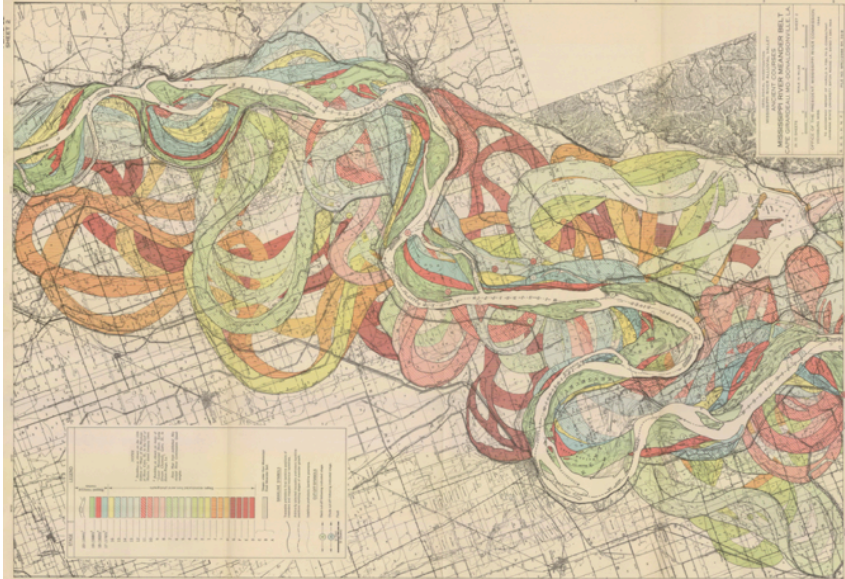A key principle in bioregionalism is reinhabitation, which means building healthier ways of living that are responsible, ethical, that not only maintain but regenerative our local ecosystems, and working with our natural ecosystems, aligning human activity with our bioregions, rather than for human habitation. This is both on a societal level, and a personal one - which starts with every person developing a sense of place. Of rooting ourselves into the history, the things that make each region special - the plants, the animals, the types of soils, the mountains and rivers. How things change over time - why different areas get different rainfall - and how agriculture, energy production, buildings can all best tie into that in well thought out ways.
Bioregionalism acts in two ways
Short Term & Pragmatic. Works within our system to adopt policies and changes that move us in the right direction of bioregionalism, and away from systems which are actively harming our planet and communities
Long Term & Visionary. Works outside of our system in ways that are utopian, visionary and long term.
Bioregional movements work to connect these to ideas together. To shift our borders, governing models, and ways of living from non-bioregional ones - to bioregional ones. One government, or nation, or many governments and nations doesn't ultimately matter, so much as every community large or small, that is impacted by a decision has a voice in that matter.


